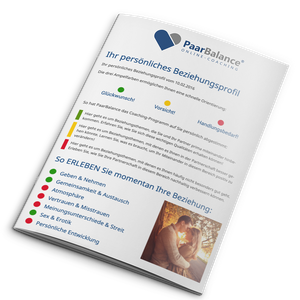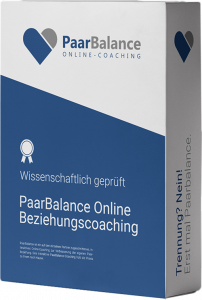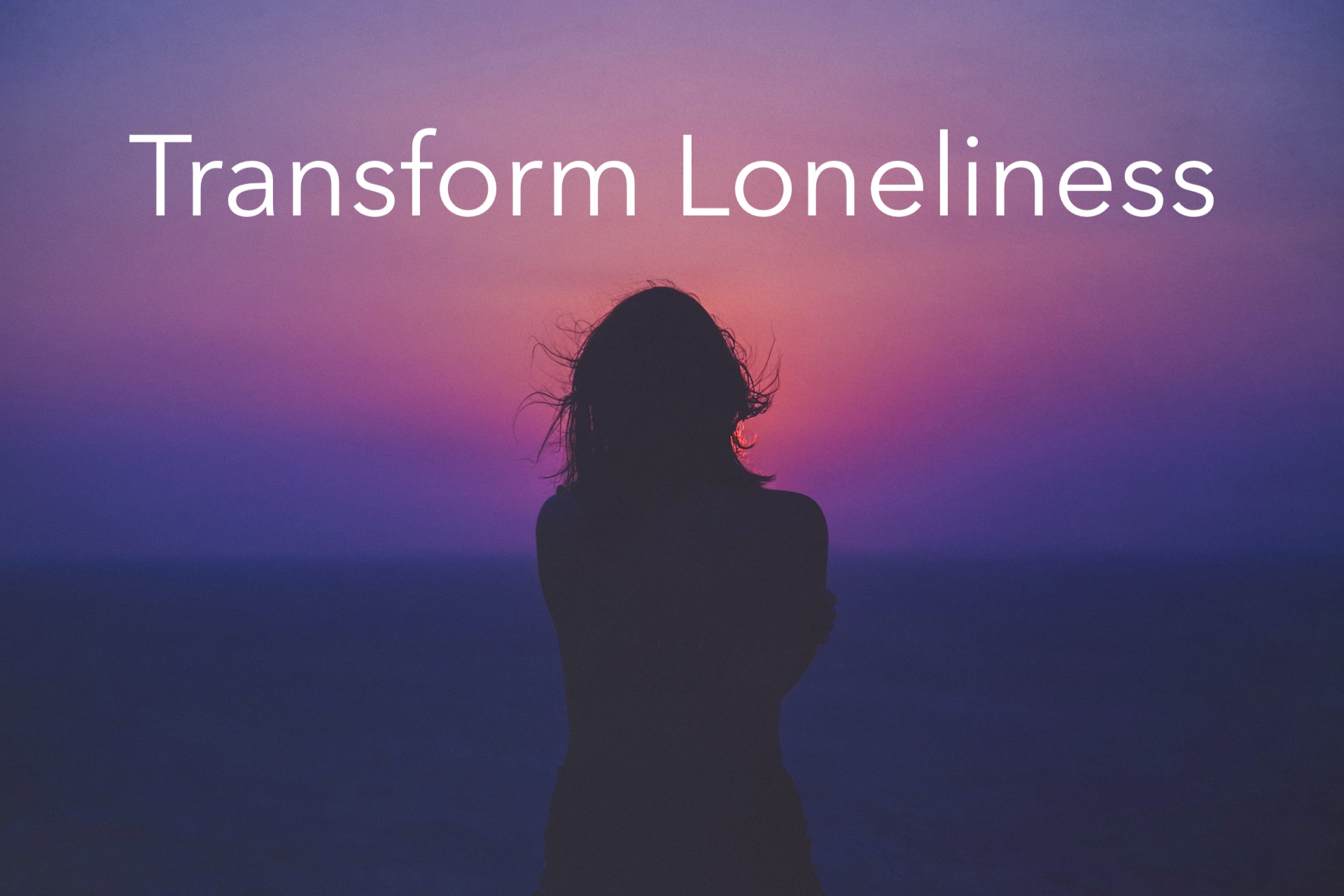That would be a good definition of commitment: dismissing doubts and alternatives in the name of enjoying relationship more.
George S. Pransky, PhD
What causes relationships to fail? Until recently, I assumed that relationships fail because people have grown apart or because they have been rejected. Sometimes I am marveled at how long some couples can stay together. I have not been able to do that.
Where do we learn how to be in relationship? What skills does man, * or woman need to be in relationship? Where, when or from whom did I learn to be in relationship?
First of all by observing. How do my parents deal with each other, how do my friends' parents do it? How do people in love behave? How do they treat each other? Why do they break up?
Then we just tried out what it is like to be in a relationship with each other. We flirted with each other, cared for each other. We, that was a girlfriend and me. We tried out how being together works. We got to know the tingling and the feeling of well-being, the feeling of belonging together, the warmth, the wonderful kisses and hugs, the trust, the feeling of being strong together, the security, the curiosity about each other and the energy that came from our closeness.
I also kept falling into the trap of not wanting to commit for long. At the time, I didn't know how to optimally handle an argument or even a conflict. In my younger years, my conflict strategy was to get the heck out of there. I didn't argue much, I walked away. On that basis, a lasting relationship is not doable.
Meine Wahrnehmung war, „es gibt viele Fische im großen Ozean“ oder „zu jedem Topf gibt es einen Deckel“. Das waren tröstende Worte meiner Omas. Diese „Weisheiten“ habe ich für mich als Argumentationshilfe/Erklärung verwendet, warum ich mich nicht bemüht habe, in (m)einer Beziehung zu bleiben. Warum auch, wenn es ja so viele Fische gibt? Und vielleicht waren sie und ich ja einfach nicht die richtigen füreinander.
But what if she was?
Heute habe ich zusätzlich zu meinen Eltern und meinem Umfeld auch andere Vorbilder. Tony Robbins betont beispielsweise immer wieder, dass es wichtig ist, diejenigen zu fragen, die eine tolle, liebevolle und lebendige Beziehung und zwar bis ins hohe Alter führen. Die zentrale Frage ist: „Wie macht ihr das?“.
George S. Pransky schreibt in seinem Buch „The Relationship Handbook. A simple guide to satisfying relationships.“ über die Erlebnisse, die seine Beziehung gerettet haben. Auch er hatte einen Aha-Moment, indem ihm klar wurde, wie seine Beziehung sich anders gestalten könnte. Hinzu einer Beziehung, in der die Partner sich wertschätzen und einander bereichern, glücklich miteinander sind und Zärtlichkeit spürbar ist.
Ein Satz daraus, der mir im Kopf geblieben ist, rät dazu sich bewusst auf Bindung einzulassen. Ich verstehe die Bindung hier als eine Selbstverpflichtung. Pransky schreibt, wenn wir „Zweifel und alterative Möglichkeiten außer Acht lassen, dann spüren wir viel mehr Freude in unseren Beziehungen“.
I no longer want to doubt whether I am the right one, or whether you are the right one. I no longer want to look around for alternative options. I want commitment. I want to engage with each other and learn alongside my partner. I want to live in a loving relationship that values each other. It feels right to me that attachment grows stronger, ever stronger, when doubt has no room. How beautiful is a love that has no alternative. Simply love.
What do you want?
Contact
- coaching@karlgoldstein.de
- Phone +49 241 9126 8707
Coaching for you?
At this point I recommend you take the online coaching program at PaarBalance (only available in German).

The PaarBalance program was developed on the basis of the latest research findings on satisfaction and stability in partnerships.






